Eat the Rich: Lobster, Burning Man, and 7 Other Things Rich People Have 'Ruined'

The Rich Ruin Everything
As soon as natural wine bars start cropping up in your neighborhood, it’s already too late. Prepare yourself for boring mid-rise developments, market lights, an onslaught of “creatives,” and sizable rent increases. The rich people have landed, and they won’t leave until they turn your entire neighborhood into a playground for moneyed professionals.
And it makes sense. The rich have a knack for fouling up things for normal people. As Redditors explained in a recent r/AskReddit, rich people have ruined everything from the housing market to thrift stores.
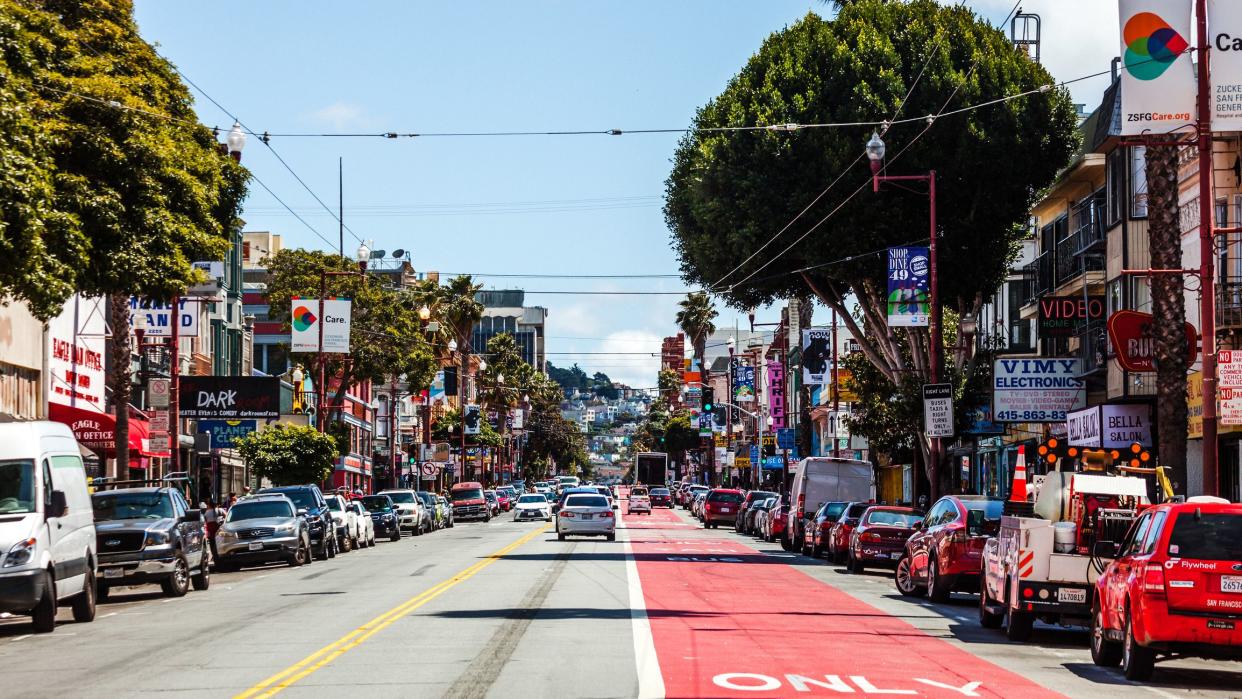
Artsy Neighborhoods
San Francisco is a shell of a city, gutted by an invasion of affluent Patagonia-clad techies. Their takeover was particularly swift in the city’s Mission District, where artisanal ice cream shops and $3,000 studios have replaced the neighborhood’s affordable bodegas, restaurants, and apartments. Take a look at West Adams in Los Angeles or Queens in New York City, and you’ll see that rich people — more so wealthy developers than artsy youngsters — can’t help but gentrify cool, affordable neighborhoods once they smell money.
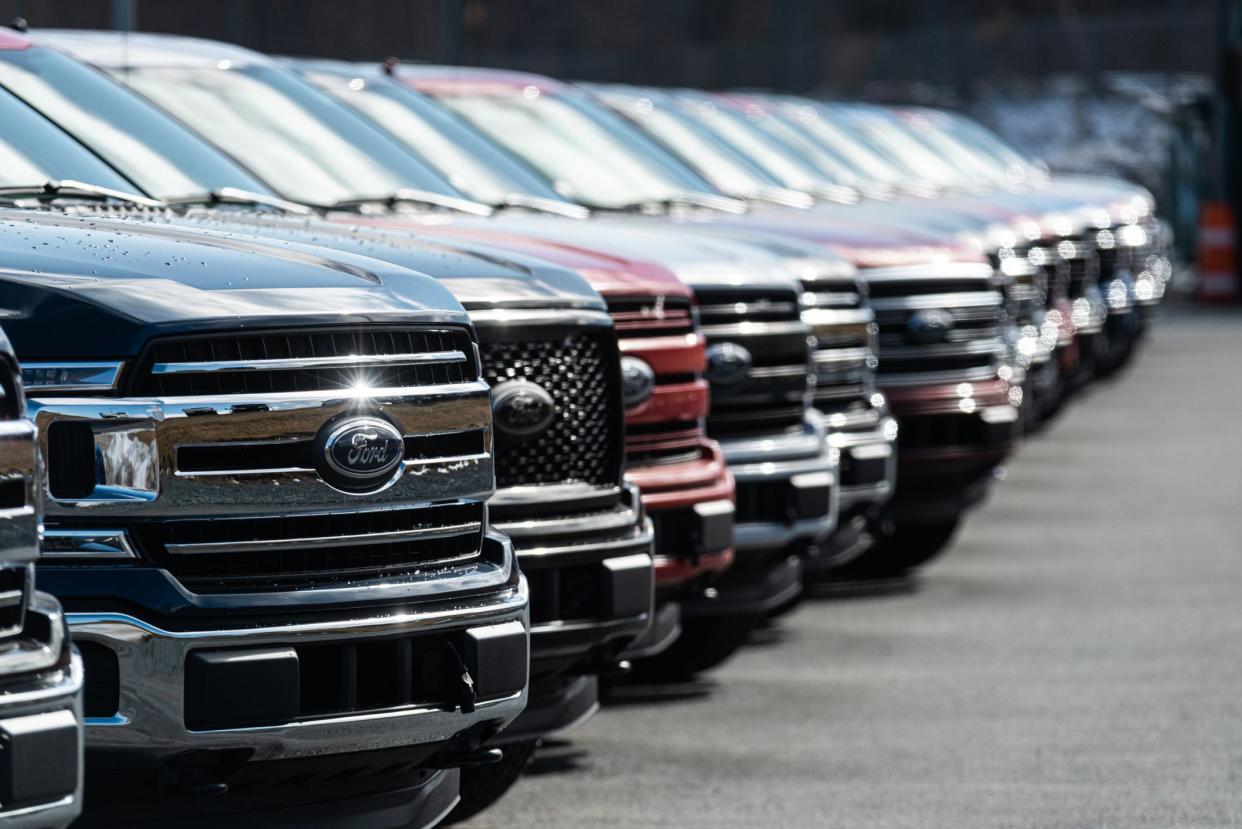
Pickup Trucks
As pickup trucks have become a status symbol, prices for the gas-guzzling cars have ballooned. In 2022, the Ford F-Series truck was the best-selling car of the year despite starting at $33,000 MSRP. Today, many of these trucks are more about size and luxury than hauling power, too. "I can't stand how huge they are now," one Redditor complained. "I don't need a full second row of seats. I just want to haul around mulch, sticks, and hunks of wood."
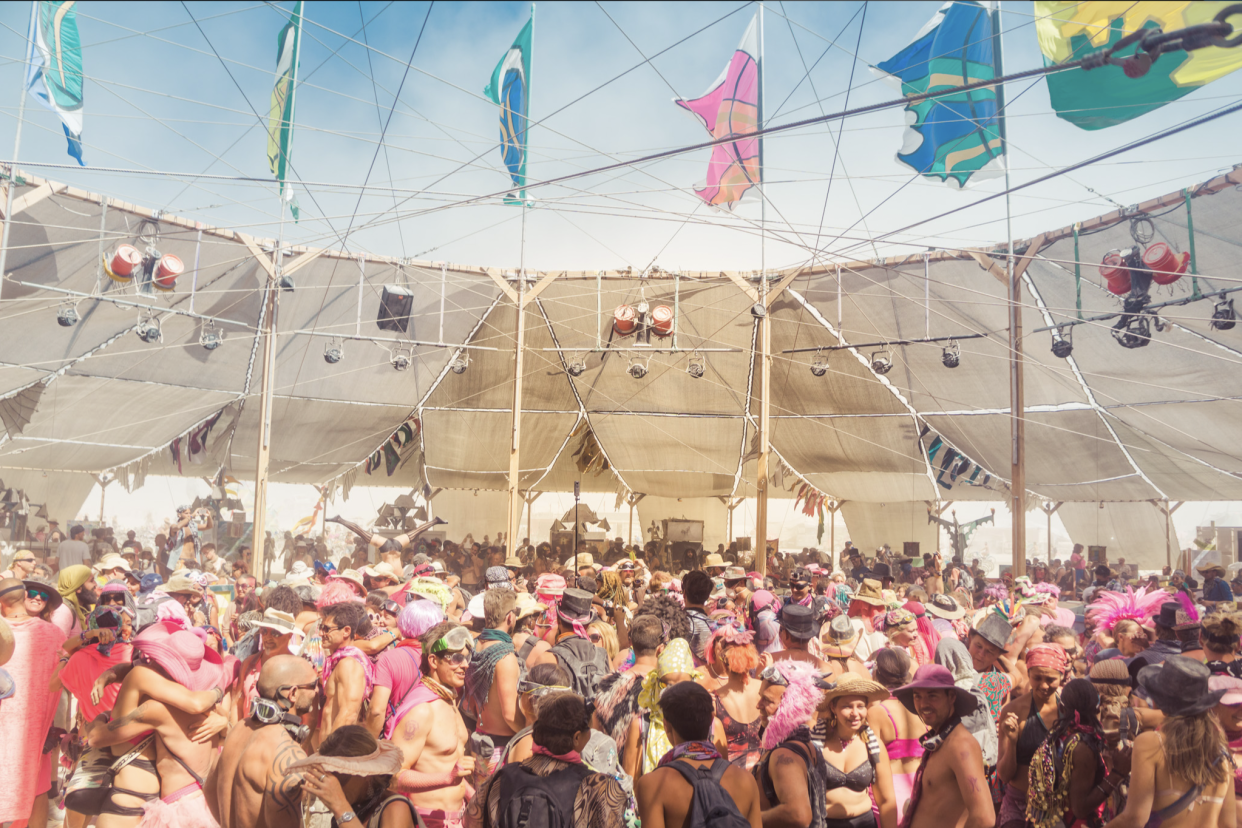
Burning Man
When Burning Man began in the 1980s, it was an underground counter-cultural event celebrating art and self-expression. Today, it’s a destination for C-Suite executives and tech bros who fly into the playa on luxury jets and helicopters. "It’s the best weekend of the year in the Bay Area though," one Redditor writes. "The ***holes are all gone."

Lobster
The rich used to leave lobster to the rabble — and understandably so. When European colonizers arrived in North America, the ugly, extraterrestrial crustaceans were plentiful, giving them a “nasty reputation as the poor man’s protein.” That began to change in the 1880s when wealthy New Yorkers and Bostonians began to enjoy the bug-like sea creatures.

The Middle Class
Janet Gornick, the director of the Stone Center on Socio-Economic Inequality, explains that while the middle class didn’t necessarily shrink between 1985 and 2016, inequality has increased. “So, in the U.S., during the decades that we studied, the size of the middle class was stable, but the fact that these households were becoming more distant from the ultra rich brought costs that made life more difficult, more risky, and more precarious,” Gornick says in an interview with the Stone Center.
The solution is giving working-class Americans a larger slice of the pie, she adds, highlighting policies like “raising minimum wages, strengthening unions, and protecting employed workers from insufficient work hours.” Otherwise, the rich might have to contend with even bigger problems: "Can't wait for the guillotine to come back into popularity," one commenter writes.
Love Cheapism stories? Please sign up for our free newsletters.
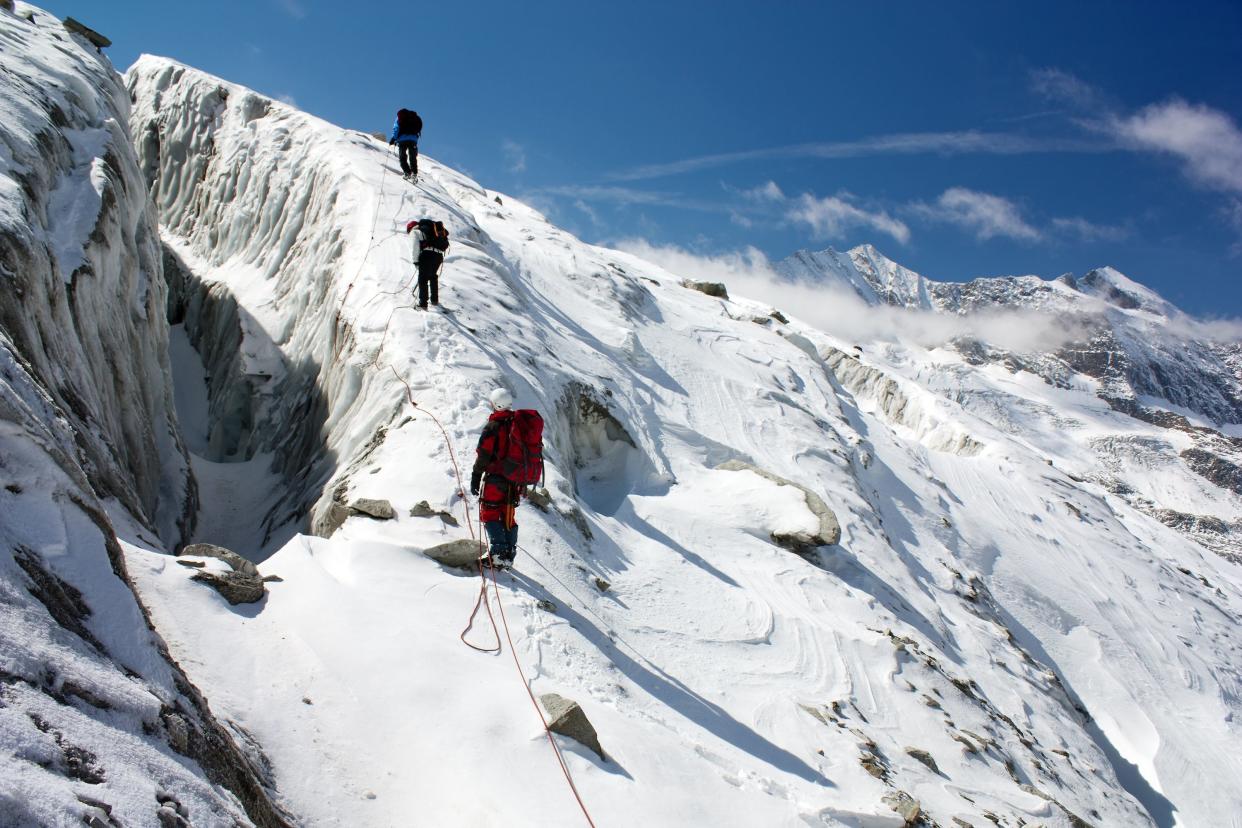
Mount Everest
When the wealthy get bored of eating caviar on rooftop bars and jet-setting around the globe, they seek out expensive (and often extreme) thrills. The most recent example of this ultra-rich extreme tourism gone wrong is the submersible catastrophe, but the well-to-do have been toying with dangerous excursions to places like Mount Everest for decades.
They might call themselves climbers, but it’s really a gaggle of soft-handed rich folk who pay sherpas to do the work for them. "It’s not about having any kind of skill. It’s become an expensive, and somewhat deadly, hike," a Redditor shares. Oh, and they also leave a bunch of trash and poop on the mountain. How lovely.
Related: 13 Eccentric Projects of the Super Rich

Government Handouts
For some mysterious reason, politicians always seem keen to support the rich. Think of all those generous bank bailouts or those PPP loans that went to billionaires during the pandemic. Socialism for the rich and capitalism for the poor, as the saying goes.
Related: ‘Piles of Crap All Over’: Redditors Reveal What It’s Like To Work for the ‘Super Wealthy’
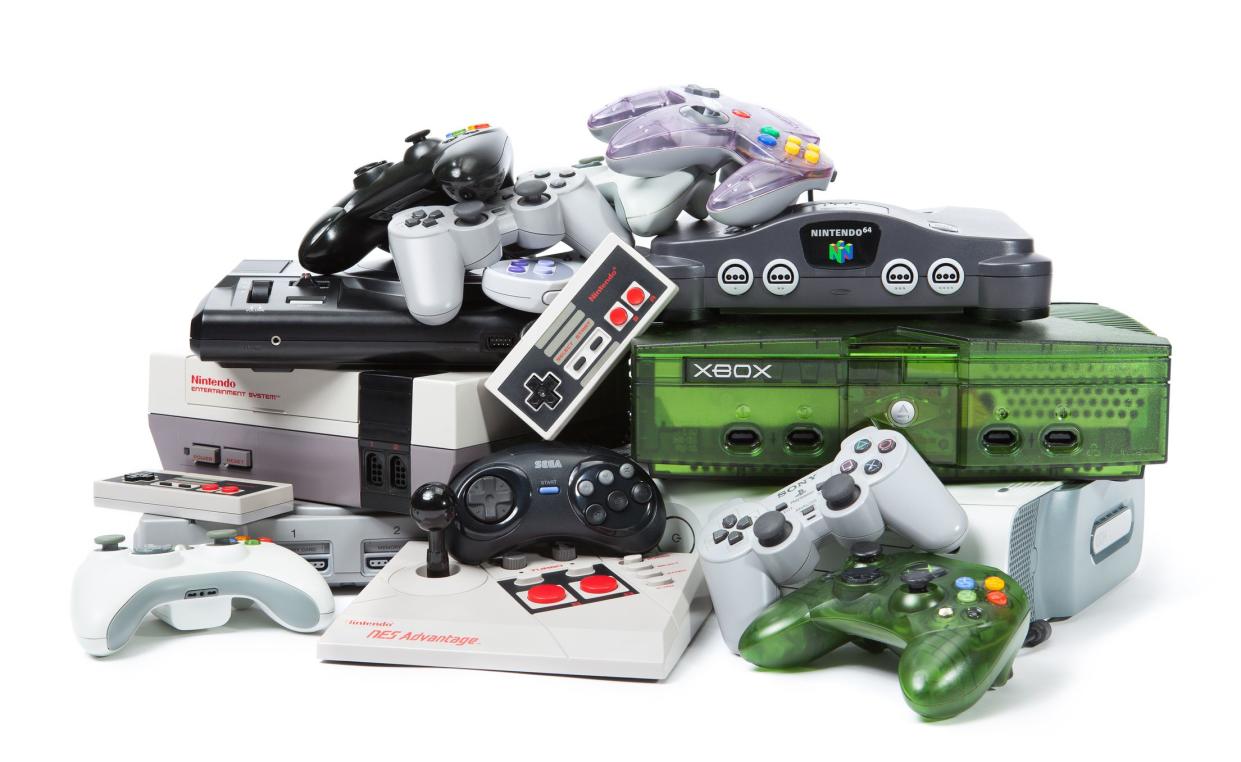
The Retro Games Market
If you think new video games are expensive, take a look at the market for retro titles. Unopened favorites like Super Mario Bros. are selling at auction for millions of dollars, and old-school consoles aren’t cheap either. While a rise in interest in retro gaming during the pandemic partly explains the inflated prices, there’s also evidence that WATA, the organization that authenticates and grades these games before they go to auction, could be artificially inflating prices.
Related: Play and Get Paid: 10 Ways To Turn Your Gaming Habit Into a Lucrative Hobby

Thrift Stores
Young, on-trend TikTokers have received a lot of hate for pricing low-income shoppers out of stores like Goodwill. But the blame may be misplaced. The real culprits are the rich people in charge of organizations like Goodwill. “This blame shouldn’t be directed specifically at the haulers or buyers,” Jennifer Le Zotte, an assistant professor at the University of North Carolina Wilmington, said in an interview with Vox. “Maybe we should look at the corporate facilities, even as they’re classed as nonprofit organizations. That is a dubious delineation when it comes to major secondhand clothing corporations.”
Related: The Best Online Thrift Stores for Buying Secondhand Clothes
